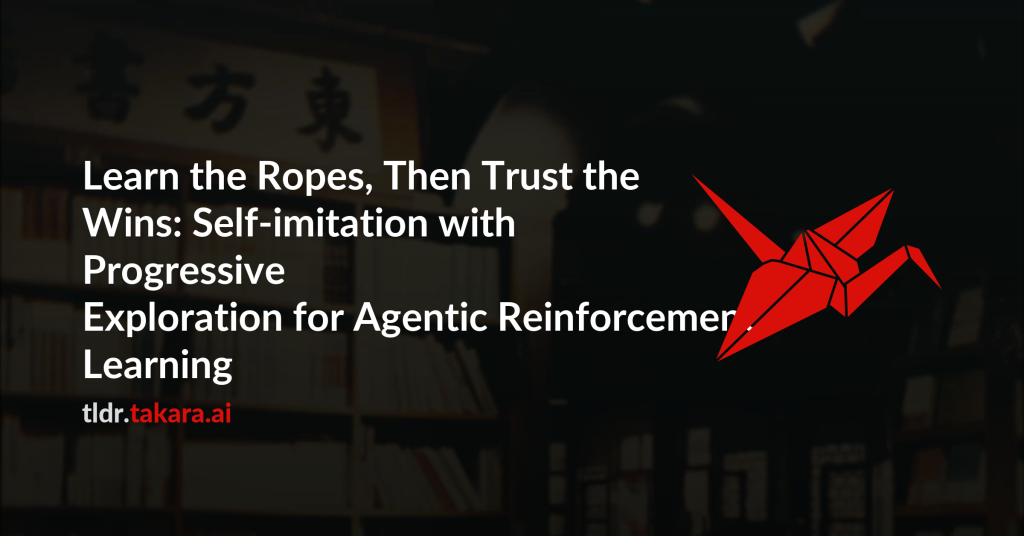Reinforcement learning (RL) is the dominant paradigm for sharpening strategic
tool use capabilities of LLMs on long-horizon, sparsely-rewarded agent tasks,
yet it faces a fundamental challenge of exploration-exploitation trade-off.
Existing studies stimulate exploration through the lens of policy entropy, but
such mechanical entropy maximization is prone to RL training instability due to
the multi-turn distribution shifting. In this paper, we target the progressive
exploration-exploitation balance under the guidance of the agent own
experiences without succumbing to either entropy collapsing or runaway
divergence. We propose SPEAR, a curriculum-based self-imitation learning (SIL)
recipe for training agentic LLMs. It extends the vanilla SIL framework, where a
replay buffer stores self-generated promising trajectories for off-policy
update, by gradually steering the policy evolution within a well-balanced range
of entropy across stages. Specifically, our approach incorporates a curriculum
to manage the exploration process, utilizing intrinsic rewards to foster
skill-level exploration and facilitating action-level exploration through SIL.
At first, the auxiliary tool call reward plays a critical role in the
accumulation of tool-use skills, enabling broad exposure to the unfamiliar
distributions of the environment feedback with an upward entropy trend. As
training progresses, self-imitation gets strengthened to exploit existing
successful patterns from replayed experiences for comparative action-level
exploration, accelerating solution iteration without unbounded entropy growth.
To further stabilize training, we recalibrate the advantages of experiences in
the replay buffer to address the potential policy drift. Reugularizations such
as the clipping of tokens with high covariance between probability and
advantage are introduced to the trajectory-level entropy control to curb
over-confidence.

